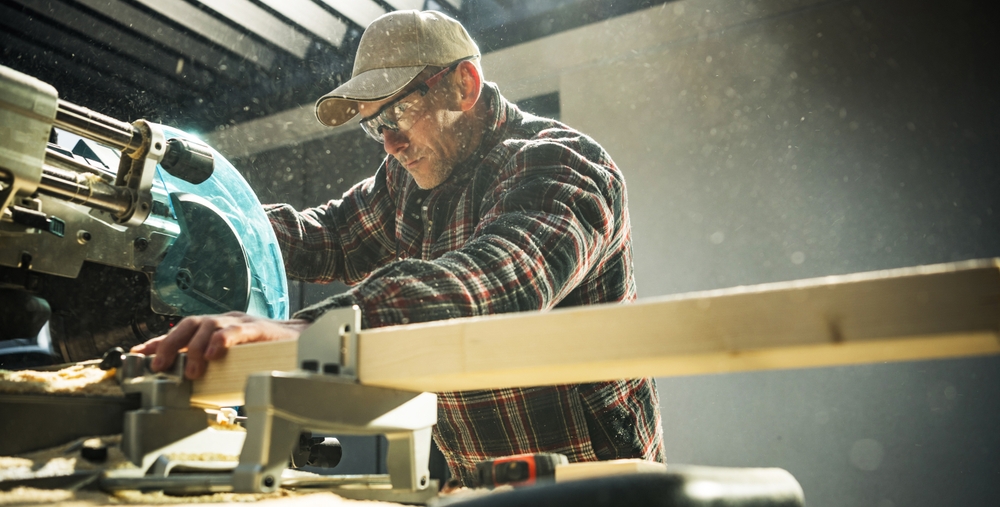Do Home Improvement Salespeople Need a Contractor’s License in California? A Complete Guide
Introduction Looking to start selling home improvement contracts? You’re gonna need a CSLB license for that. In this article, we’ll take a look at CSLB licenses for home improvement salespeople (or HIS): what they are, who needs them, and how you can get one right now. What Is A Home Improvement Salesperson (HIS)? So what … Read more










